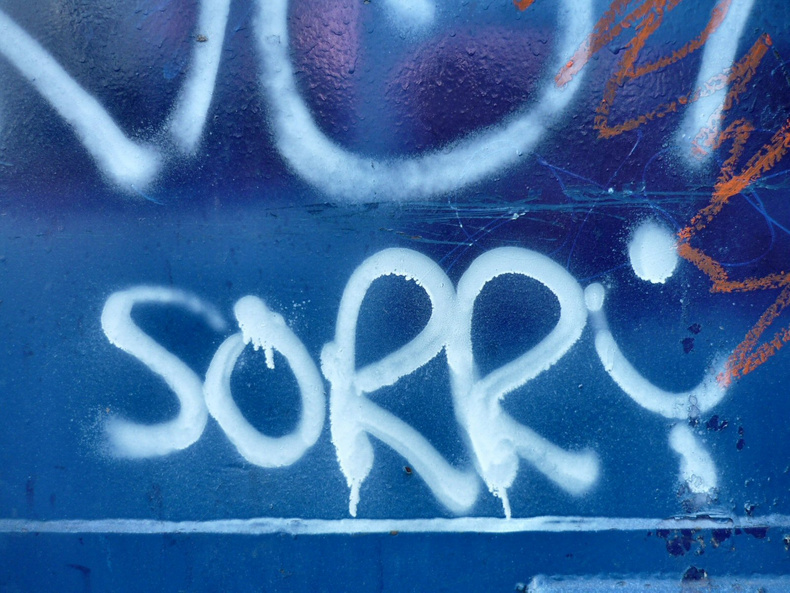When sorry seems to be the hardest word

Written by Sandra Collins from Hayes Collins Media Ltd
The Gregg Wallace scandal is well into the news cycle and looks to be career-ending for the once-popular presenter – but could he have managed the situation differently?
We take a look at the biggest mistakes leaders and celebrities make when things go badly wrong
1. Leave it too long
The longer you take to address the issue, the more you’ll be responding not only to the original incident but to other people’s take on it.
Michael Vaughan found this out to his cost when he was accused of using racist language during his time at Yorkshire cricket club. He delayed and prevaricated and the evidence against him built up.
He was finally cornered into an uncomfortable interview with Dan Walker. In contrast, his accuser Azeem Rafiq acted swiftly when historical tweets that were deemed antisemitic were uncovered. An unequivocal and sincerely worded apology with no excuses saw the issue blow over very quickly.
2. Make it all about you
Step forward the CEO of United Airlines, Oscar Munoz, who made every mistake in the book during his initial response to an ugly incident that saw a man being dragged kicking and screaming off a plane when seats were overbooked.
His initial statement started with the phrase “this is an upsetting event for all of us here at United.” Erm, slightly more upsetting for the victim I imagine!
3. Inconsistent comms
Our United Airlines CEO really is the gift that keeps on giving here, describing the passenger as ‘disruptive and belligerent’ in an internal email.
Guess what? Internal emails rarely stay that way during a crisis, so don’t say anything internally that you wouldn’t want repeated in public.
4. Blame the victim
There’s plenty more to say about Mr Munoz, but let’s give him a break because Gregg Wallace takes the crown here, describing his victims as “a handful of middle-class women of a certain age.” A common variation on this is the ‘if people have been upset’ form of words, which places the blame on the victim for feeling aggrieved.
This is not the time to come out fighting, but to listen and be humble.
All these people have something in common. They all strongly believed that they had done nothing wrong, so should they apologise? An unequivocal yes.
By being the better person, by gracefully accepting responsibility for the impact you’ve had (even if unintentionally) and saying what you’ll do to put things right, you take the heat out of the situation. You also stop the ‘victim vs aggressor’ narrative that can so easily take hold.
Find a form of simple, straightforward language that you’re happy with, get it out there as soon and possible and you have a chance of recovering and moving on.
Even Oscar Munoz finally got the message with a heartfelt statement that took full responsibility and pledged to fix what was broken so that it would never happen again. Cue share price recovery.
When we’re working with teams on crisis response, we talk a lot about saying sorry, getting on the front foot and setting yourselves on the road to reputational recovery. But the biggest tip we give organisations is to have those conversations now and put a plan in place so that you’re poised to respond quickly and own the story.
